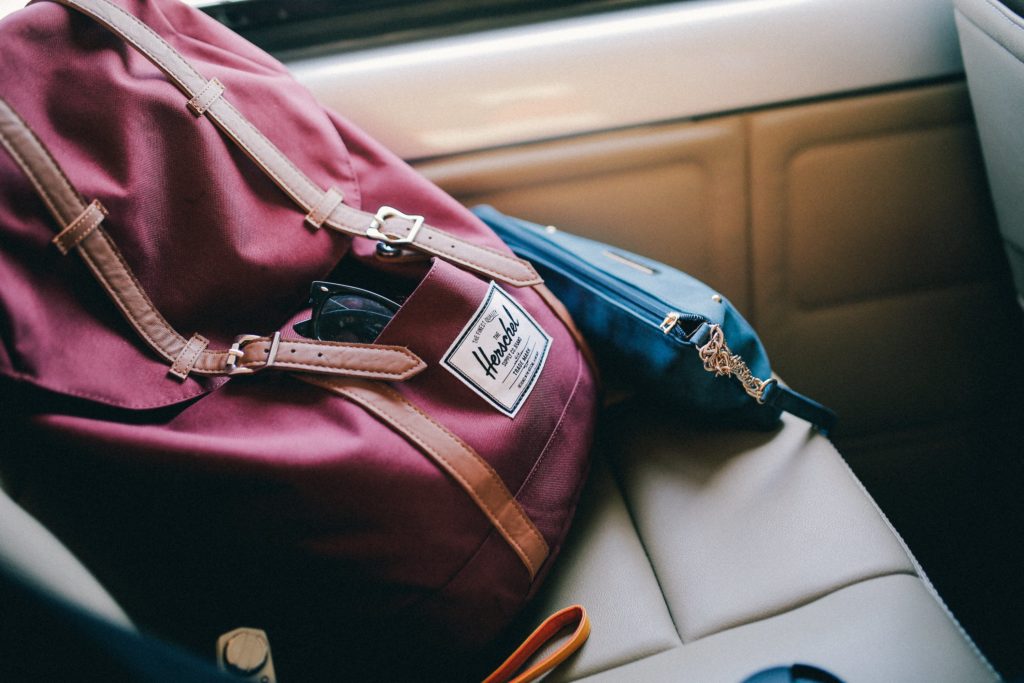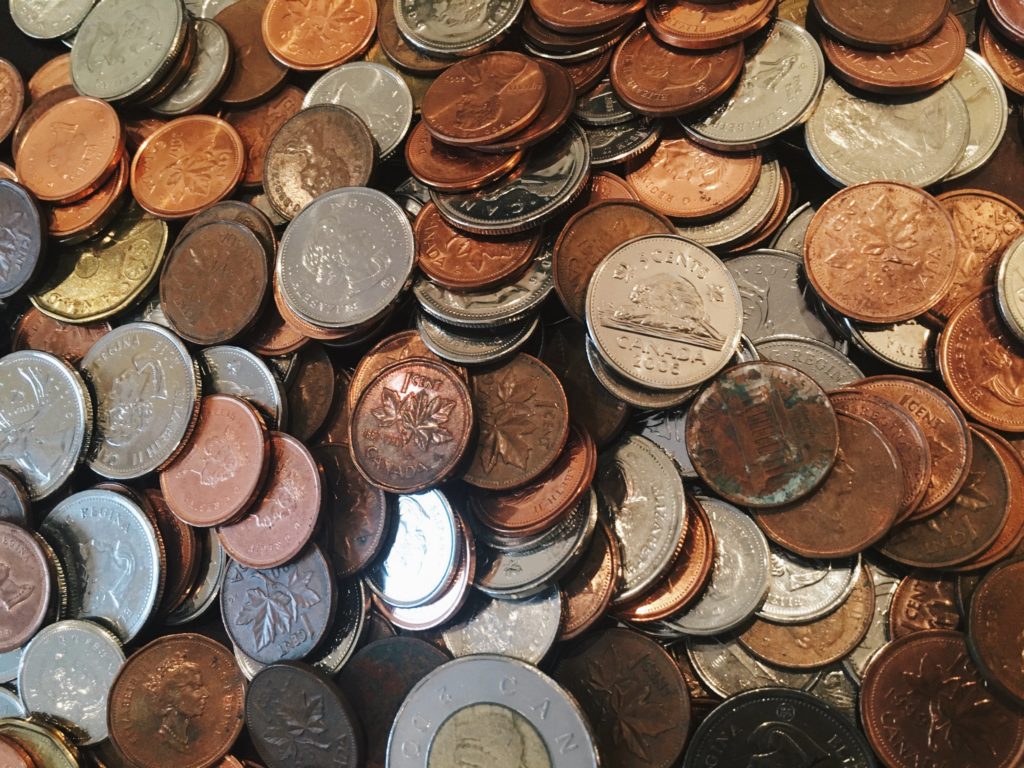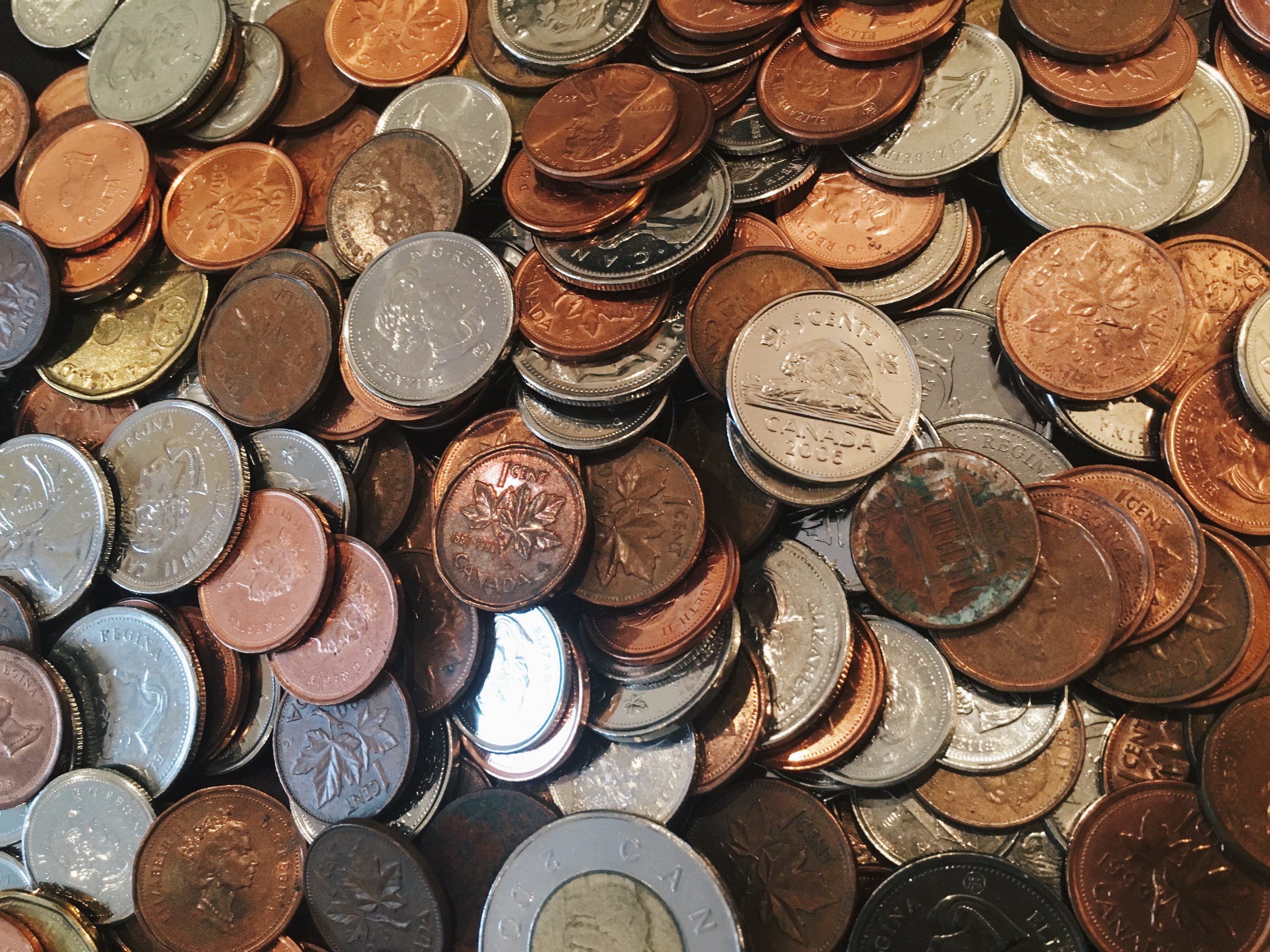Every child will have a different experience when they enter primary school. Some may encounter separate anxiety, while others cannot get accustomed to the more extended hours as compared to their preschools. Some may just enjoy school thoroughly since Day One. Parents worry whether their children can take care of themselves, count money, fit in and make friends, give teachers and friends trouble, etc.
One of the worries I have is whether my 2 children can count money. They are in Primary One and Primary Two this year. We give them $2 daily as pocket money. Can they pay the stall vendors the right sum, count the coins and get back the correct change? Are they able to express themselves and order the right food?
One aspect which I did not foresee and thus did not prepare them for is friends and money.
#2 entered Primary One this year and had issues with her two friends taking her money without her consent.
I want to share our experience here so that you get your child prepared accordingly.
Friend No.1
#2 made friend with a girl on her school bus. Being the same age and having a similar cheeky disposition, they got on quite well and played with each other while commuting to and fro school. The two little girls got so cosy with each other that the friend started taking things out from my daughter’s bag without her consent, even money from her purse.

This carried on for a week before #2 unintentionally told me about it. It was after much questioning then I managed to make out what roughly happened. As my daughter did not feel that it was an issue, she did not report the incident to me immediately.
After taking money from my daughter’s purse for almost a week, the friend returned her a lump sum, beyond what she had taken in total. Perhaps her parents discovered what had happened. It was a mess. I told #2 to return the estimated excess to the girl, and guess what the girl’s response was. “Never mind, my daddy has a lot of money.”
I am not blaming the little girl here. Both of them did not fully understand the meaning and sensitivity involved in handling money. At least I admit that I did not teach my girl thoroughly. Moreover, we taught our children to share their toys with their friends. Therefore we cannot blame them for sharing their money too!
I learned my lesson and explained to #2 that her parents give her pocket money for her own use. These are her parents’ hard-earned money and she cannot freely give away nor spend. She cannot allow her friends to access the money in her purse as they please too. And if they insist on doing so, she should report it to the higher authorities, i.e. teachers, parents, or school bus driver.
So this first incident happened during the first month of school. She roughly learned the sensitivity involved in money.
Friend No.2
The second incident occurred in February, and it involved a boy in her class. The children were getting ready for recess and took out their wallets. #2 placed her purse on her table and continued with her colouring. A boy walked to her desk and took $2 out from her purse. Not sure why but my daughter was not aware. A friend of hers informed her during recess, and she reported the incident to her form teacher immediately after their break.
The teacher questioned the boy who revealed that he took #2’s money to buy himself some stationery. At the teacher’s request, he brought out another $2 from his wallet to return to my daughter. I am not sure whether the form teacher communicated this incident to the boy’s parent and I shall leave it to her discretion. But I am surprised that the boy spent money during his recess break and still had sufficient cash in his wallet to return to my daughter.
I exchanged stories with my friends. A friend of mine said her son was given money in return for solving a puzzle before.
Prepare them to be money savvy
Their primary school syllabus will touch on the concept of money in Term 3 or 4, while preschool may or may not acquaint the little ones with money at all. Our preschool did, during the last three months of the year before primary school starts. Click here for my review of our preschool.
So as parents, what else can we do? The following are what my friends and I suggest.
Encourage them to buy food from food stalls by themselves.
We can do this once they move up to K1 or K2, depending on the child’s maturity. We accompany them to the food stalls, but let them do the talking. Start by giving them the exact sum and get them to do the ordering by themselves. Once they are comfortable with this process, increase the level of difficulty by giving them loose change to add up, for example, 3 $1 coins make $3. You can gradually give them $5 to get back a $2 change and subsequently let them handle the coins too.
Role Play
We can teach them about money at home by role-playing with them. Hubby drew some pictures and price list of food items which they could order from their school food stalls and role-play with them, using fake money.
There are also toys that the kids can play with to facilitate learning money. They can role-play using a set of cooking toys, not only to pretend to cook, they can pretend to order food from a restaurant, or shopping in a supermarket. Throw in a toy cashier and a set of fake notes (that includes notes and coins), and it’s all complete.
The adults have to join in the fun so that the kids can have a proper lesson on counting money and getting back the right change.

<
p style=”text-align: left;”>
Board Games
Games like Monopoly Junior, Pay Day, Life Junior help to reinforce the concept of money too. We played a lot of Monopoly Junior when the children were younger. The concept of buying properties and paying rent help to teach them to count and save. However, when it comes to learning about acceptable social behaviour, role-playing is my preferred choice.
Teach them not to lend money.
If a friend tells your child during recess that they have no pocket money, how about offering to share food or give the friend a treat just once? Sharing food or treating friends too often also send friends the wrong message.
If a friend needs money, ask the friend to seek help from the teacher. Encourage your child to accompany the friend to see the teacher if need be.
Be Brave and Say No
These days, I tell my daughter that it is okay to say no. She does not need to please all her friends in school. She can say No to friends who ask her for money, or any other possession that she does not want to share for a strong reason. For example, she can say no to a friend whom she had lent her things to before because the friend did not return the borrowed items after use.
Start Early
So, start early to prepare for your children’s primary school journey. Kickoff with pretend supermarket trips, get them to pay for their groceries and gradually move them to more complex games.
Do you have other tips to share with us? Let us know in the comment box below.
Enjoy my post? Please click Like and Share.
Don’t want to miss my posts? Subscribe here to get updates from me.
You may also be interested in:
First Week of Primary One: our experience
What to expect from Primary 1 Orientation: our experience from the 2017 admission
2017 Half Year Reflection: My Son’s Primary 1 Journey


